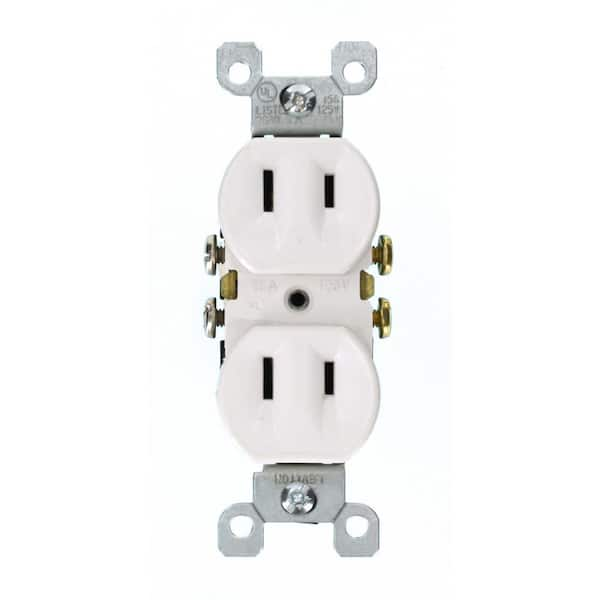
Many technological advances of today were made during the 1980s. There was a lot of technology and electronics that we would love the opportunity to see again, including the first CD player and smartest home TV. To bring back the memories and to inspire the next generation, we've compiled this list of the greatest 80s technology products.
Personal Computers, MS-DOS
A number of innovative releases by manufacturers like IBM helped to make personal computers a reality in the 1980s. These machines were created to compete with mainframe-sized computers that have been around for decades.
These machines were powerful enough to run any software you wish. To make the most of your machine, you can create your own customized operating system.

An IBM PC is a must-have for any serious computer user. The computer was a bit primitive, but it did have 64KB of RAM and a 16bit 4.77Mhz processing power. You could also run CP/M on it.
Atari 2600 Walkman
The Walkman, an audio cassette player that you could carry around in your pocket, and use for music, video, and radio, is one of the most popular gadgets from the 1980s. It was a defining piece of 80s technology and helped push cassette out of vinyl era. This led to the rise of iPod.
Answering Machines
We've all heard that "an answering machine is the best way to solve any problem" but, before answering machines, this meant you had to wait for two separate cassette tape decks to record your call. They took up space, and required much manual effort to listen. This was an amazing innovation in the '80s. It changed the way people use their phones forever.
Casio Calculator Watches
Calculator watches were popular in the 1980s, when they became very popular. These watches were worn around the wrist to keep track of all your details. You could do basic sums with a few buttons, but you also had the option to store all your details.

Smart Homes
The 1980s saw the beginning of a massive revolution in smart technology, with intelligent home systems and smart appliances being developed. These devices are basically the brains for your home and allow you to make your home smarter.
VHS versus Betamax
The 1980s were a time when there was a lot of debate over the best format for recording television. The VHS standard was launched in 1976. This was a huge improvement over its predecessor, Betamax, which was only one year earlier.
FAQ
How can you avoid fraud online with credit cards?
Make sure to review your credit card statements before you buy online. Pay only what you owe on your bills. Check your bank statement frequently to see if there's anything suspicious going on. Call your card issuer immediately if you see any unusual charges. They will typically cancel the transaction or refund any money taken out of your account.
Contact your local police department if you believe you have been scammed. You can also report to the Federal Trade Commission.
Do you think it is okay to ask for discounts while shopping?
Always try to negotiate a lower price when buying products. You don't have to be rude to ask about discount codes. You can ask politely if they have any discount codes. This could save your money over the long term.
How do you use your debit card when shopping online?
It all depends on what product you are purchasing and how much cash you have. You can get a debit card instead if you don’t want to pay additional fees for credit cards.
You don't need to have cash on hand to buy a item. A debit card will not incur additional fees.
A debit card allows you to withdraw money from an ATM machine without incurring interest or other charges.
You can also buy items such as groceries and petrol at ATMs which makes them very convenient.
Do rewards and insider programmes worth signing up?
While rewards are wonderful, they may not be worth the effort. Make sure you get value for your money if you decide to sign up for an online program. It is important to understand the cost of your online program.
Don't sign up for rewards cards just because they offer a signup bonus. Sometimes these bonuses aren't worth the hassle of applying for one.
Also, before joining a rewards program, ask yourself why you want to join. Many people join because they see their friends doing it. You may not be interested in the services or products offered by the company if this is the reason you quit.
Where can I find coupons to shop online?
There are two ways you can find coupons online: 1. Visit the website of the company where you intend to shop; 2. Search Google to search for coupon codes. Both methods work. But some websites are easier to navigate than others.
Statistics
- Your Online Purchases 79% of Americans purchased goods and services online in 2018, which is expected to exceed 90% in 2023. (meetfabric.com)
- Last Black Friday, I bought a stove from Lowes at 40% off, receiving 24 months of interest-free financing (from Lowe's). (meetfabric.com)
- All items on AliExpress have an estimated delivery time on the product page, and it's usually anywhere from 20 to 60 days. (makeuseof.com)
- The vast majority only change a password to protect privacy a few times a year (27 percent) or, more likely, never (35 percent). (pcmag.com)
External Links
How To
What are the best online shopping practices?
If you want to shop online safely, safe online shopping is essential. It is also important to know how to shop on different websites without being scammed.
Continue reading if you're interested in learning more about buying online. This article will provide you with all the information and tips to make sure that you don't fall for scams.
-
Do your research. Before you decide to shop online, it's essential to do your homework first. Check out customer reviews, get feedback, and seek recommendations from your friends.
-
Shop around. If you aren’t certain whether a particular retailer is trustworthy, compare prices from multiple sellers. Consider price comparison apps like Amazon Price Checker or Google Shopping. These tools let you see which retailers have the lowest prices.
-
Watch out for red flags. Watch out for signs that a scammer might be trying to trick customers when browsing product pages. Fake sites often have misspelled words, grammatical mistakes, and other problems. They also often display incomplete products or sell counterfeit its.
-
Beware of popup windows Some websites use pop-ups as a way to collect sensitive data such as passwords and credit card numbers. If you are confronted with one of these, please close it by pressing "escape", or select another browser window.
-
Ask yourself questions. Think about these questions as you browse a website. Do I get what I need from it? Can I trust the people behind the site?
-
Don't reveal your personal data. You must initiate the transaction before you can give financial information over the telephone or via email.
-
Avoid clicking on links in emails. It's easy for an email to contain a link that leads to a phishing page. To avoid this type of fraud, only open emails from trusted sources (such banks)
-
Use strong passwords. A strong password should include letters, numbers, and symbols. Keep your password confidential and don't share it with anyone else.
-
Downloading files should be done with care. Always download files from their source, not from email attachments. Never open attachments that come from unknown senders. Do not open attachments from unknown senders asking you to install any software.
-
Report suspicious activity. If you suspect your identity was stolen, immediately contact your local police department. You may also file a complaint to the Federal Trade Commission.
-
Protect your device. Make sure your computer has anti-malware protection. It could help stop hackers from accessing your private info.
-
Be aware of scammers targeting seniors. Scammers targeting seniors are particularly vulnerable because they have less ability to recognize fraudulent messages or websites.